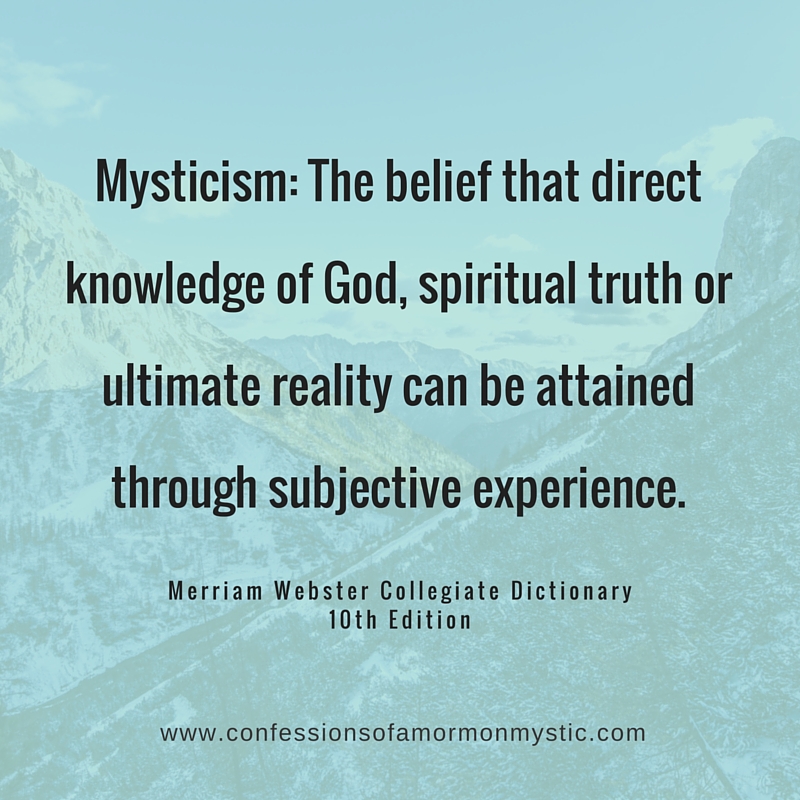 In 1993, I was finishing a BA in English at Brigham Young University in Provo. To say I was enjoying myself would be a serious understatement. It had been over 23 years since I had been on a college campus. And so it was that while sitting in class, listening to lectures, reading texts, writing papers—I felt like a person dying of thirst who had been dropped in an oasis. Despite the end of my marriage due to my husband’s sexual addiction, the conversations I had with the Lord during my slow, pondering study of the Book of Mormon every morning were turning my personal journals into a “well of living water” (D&C 63:23).
In 1993, I was finishing a BA in English at Brigham Young University in Provo. To say I was enjoying myself would be a serious understatement. It had been over 23 years since I had been on a college campus. And so it was that while sitting in class, listening to lectures, reading texts, writing papers—I felt like a person dying of thirst who had been dropped in an oasis. Despite the end of my marriage due to my husband’s sexual addiction, the conversations I had with the Lord during my slow, pondering study of the Book of Mormon every morning were turning my personal journals into a “well of living water” (D&C 63:23).
Truly, I was feasting upon the words of Christ and they were telling me all things that I should do (2 Nephi 32:3). I was awakening to the meaning of the words of President Ezra Taft Benson when he testified that we all need to “choose to follow [Christ], be changed for Him, captained by Him, consumed in Him, and born again” (Ezra Taft Benson, “Born of God,” Ensign, July 1989, 2).
But then came the day in my Early British Literature class that we began to read and discuss the life and writings of the English poet, John Donne (1572-1631.) Through his poetry we followed Donne from the sonnets of his wild youth to the poetry that in his later years described his desire to consecrate his life and soul to God.
I identified deeply with Donne’s Johnny-come-lately metamorphosis. Trying to hold back the tears I felt coming to my eyes, I thought, “Here! Here is soul, like my own, who has experienced the miracle of our Father’s mercy through His Son, Jesus Christ directly and personally!
With memories of my oldest daughter’s recent death in an auto accident, I rejoiced as we read some of Donne’s most famous lines:
DEATH, be not proud, though some have called thee Mighty and dreadful, for thou art not so: For those whom thou think’st thou dost overthrow…
Die not, poor Death; nor yet canst thou kill me.
One short sleep past, we wake eternally,
And Death shall be no more: Death, thou shalt die!
But then, suddenly, I was pulled out of my reverie. The professor, speaking of Donne’s degree consecration to Christ, had just used the word “mystic.”
“By the time he died, John Donne had become one of the greatest Christian mystics in the history of English literature,” my professor went on. I cringed. Mystic? How could the professor use language like that in a BYU classroom?! Didn’t he realize that in the LDS Bible Dictionary “mysticism” was equated with false doctrine, and sorcery? It was certainly NOT an attitude of faith in Christ?
But the witness of the Spirit of Truth would not let me ignore the fact that part of my own soul identified with John Donne’s poetry, filled as it was with such intense and passionate consecration to Christ. I recognized His mighty change of heart because it was the same transformation I had so recently experienced. Was I becoming—had I already become—a mystic, too?
This would require some thought on my part.
Leave a Reply